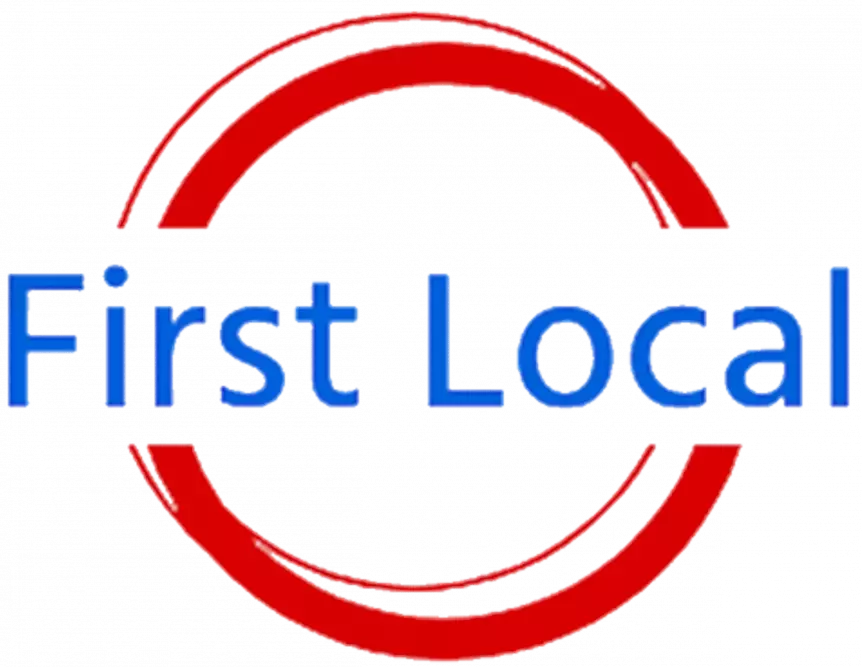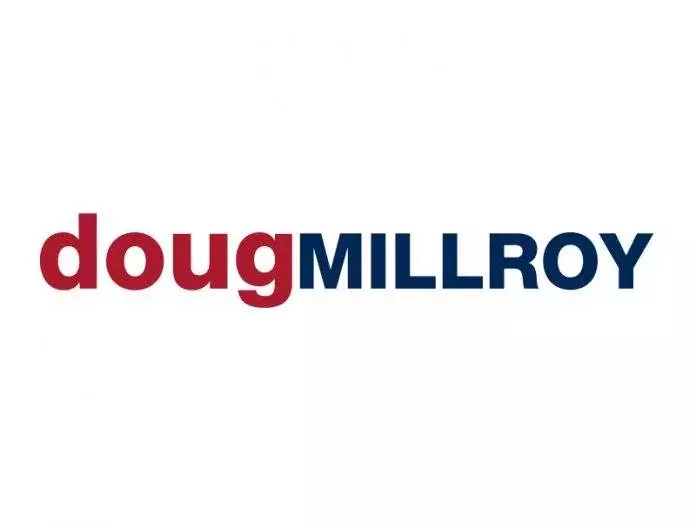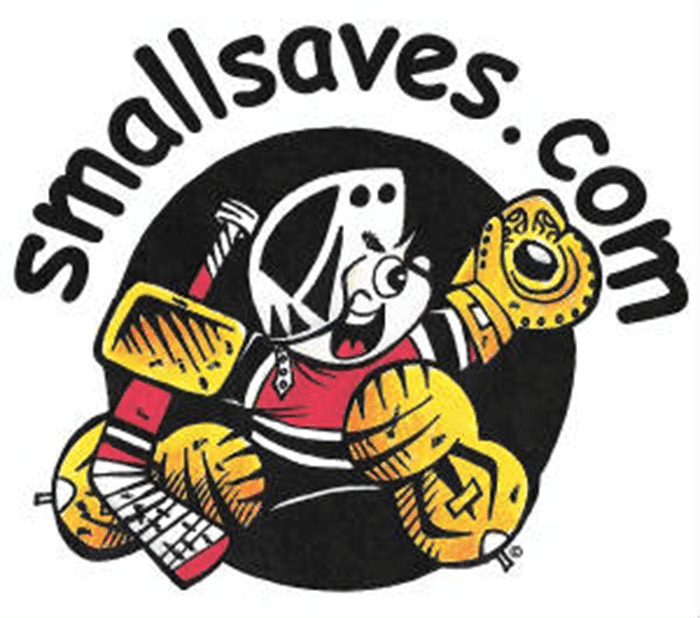By Manuel dos Reis B. Sc. Pharm – The Medicine Shoppe
For years the citizens of Ontario were denied the right to die with dignity. (MAID) is the acronym for Medical Assistance in Dying; and is the term used for medically assisted suicide or what some would term euthanasia. In recent years the choice to die with dignity has been made a reality. But who qualifies?
To receive medical assistance in dying in Ontario, you must:
● be eligible for publicly funded health care services in Canada
● be 18 years of age or older
● be capable of making health care decisions
● be able to provide informed consent, which means that you have given permission after
you have received all the information you need to make your decision
● voluntarily request medical assistance in dying
● have a grievous and irremediable medical condition, which means you:
○ have a serious and incurable illness, disease or disability
○ are in an advanced state of irreversible decline in capability
○ are enduring physical or psychological suffering, caused by the medical condition
or the state of decline, that is intolerable and cannot be relieved.
A physician or nurse practitioner will determine if you meet all the eligibility requirements. If you do, a second physician or nurse practitioner must complete another assessment to confirm that you meet all the eligibility criteria.
If you are suffering solely from a mental illness (not in combination with another condition) you are not currently eligible for medical assistance in dying. Persons whose sole underlying condition is a mental disorder will be eligible for MAID as of March 17, 2024.
Medical assistance in dying (MAID) is a process that allows someone who is found eligible to be able to receive assistance from a medical practitioner in ending their life. The federal Criminal Code of Canada permits this to take place only under very specific circumstances and rules.
Anyone requesting this service must meet specific eligibility criteria to receive medical assistance in dying. Any medical practitioner who administers an assisted death to someone must satisfy certain safeguards first.
Only medical practitioners are permitted to conduct assessments and to provide medical assistance in dying. This can be a physician or a nurse practitioner, where provinces and territories allow.
There are 2 methods of medical assistance in dying available in Canada.
Method 1: a physician or nurse practitioner directly administers a substance that causes death,
such as an injection of a drug. This is sometimes called clinician-administered medical assistance in dying.
Method 2: a physician or nurse practitioner provides or prescribes a drug that the eligible person takes themselves, in order to bring about their own death. This is sometimes called self-administered medical assistance in dying.
The question becomes does our current program offer death with dignity or simply “convenient” death or more worryingly government sanctioned and encouraged “disposable life”.
Consider the now well known case of Alan Nichols. Mr. Nichols was a 61 year old Canadian who was hospitalized in 2019 over fears that he might be suicidal. Nichols eventually submitted a request to be euthanized. His request was fulfilled and he was killed in spite of the concerns of family and a nurse practitioner.
In order to qualify for MAID he needed to list at least one very serious condition. What condition did he list? The only condition listed on his application for MAID was , in fact, hearing loss.
Alan’s family reported the case to authorities. They argued that he lacked the capacity to understand the process and that he was not suffering severely. They also cited the fact that he wasn’t using his cochlear implant.
Unfortunately, disability experts say the case isn’t unique in Canada. These experts also say that we arguably have “the world’s most permissive euthanasia rules”.
Canadian advocacy group Dying with Dignity counters that MAID is,”“driven by compassion, an end to suffering and discrimination and desire for personal autonomy.” They highlight the necessity of the program to end the unbearable suffering of those with terrible medical conditions.
The most troubling stories are those where people have pursued MAID because they weren’t getting adequate government support to live. People with disabilities, who do not have the means to live, are literally choosing to die with government assistance. What does that say about our government? What does that say about us?
Other countries that allow euthanasia vary in how they administer their programs but Canada has several policies that set it apart. For example:
● Canada does not currently review questionable cases on a monthly basis like the
Netherlands and Belgium
● Canada is the only country currently that allows nurse practitioners to end lives
● Ontario and Quebec explicitly instruct medical practitioners to not indicate
euthanasia on death certificates
● Canada encourages health professionals to inform patients if they qualify for
MAID, whereas other countries require patients to prompt the conversation
● In Canada patients are not required to have exhausted all other treatment
options before MAID is considered
The unfortunate implication of these uniquely Canadian approaches is that a “life with disability is automatically less worth living” and that the system believes death is preferable.
Do we as a nation agree with this?
Do you agree with this?







I believe when my quality of life deteriorates to a point where I no longer wish to live, I should be allowed to die peacefully, with or without a terminal illness.
Timing and means of death are best left to God. Life has value because God created it. The question is where a person will spend eternity – Heaven or Hell. Someone who rejects Jesus Christ as Saviour would die here only to begin a conscious painful existence in Hell that lasts forever. MAID merely speeds up the move! The Bible says:
“We die only once, and then we are judged.” (Hebrews 9:27)
“Jesus answered, I am the way, the truth, and the life. No one comes to the Father except through me.” (John 14:6)